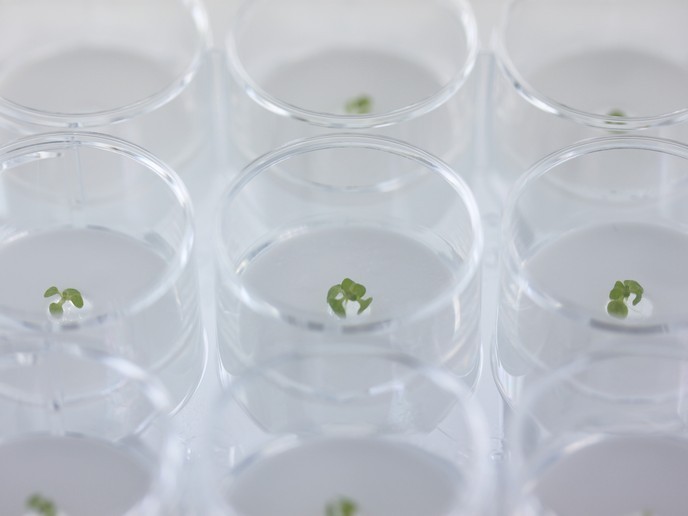Decoding the dynamics of microbial communities
Microbiota, the community of bacteria, fungi and protists(opens in new window) living in and on higher organisms, play a critical role in the health of their hosts. These tiny organisms contribute to the vital functions of plants and animals, but under certain conditions, they can also cause harm. A better understanding of the holobiont, the web of complex interactions between host and microbiota, offers a new approach to protecting food systems. The ERC-funded DeCoCt(opens in new window) project leveraged tools for studying genetics and a large, longitudinal dataset associated with Arabidopsis thaliana, a widely studied plant in the mustard family, to better understand how microbial communities can protect crops.
Microbial stability
Microbial communities often include facultative pathogens, organisms that usually coexist harmlessly with the host but can cause disease under stressful conditions. A central hypothesis of the project was that stable microbial communities confer resilience on the host. Stressful conditions include extremes of temperature and moisture. Researchers explored how these external factors, combined with host genetics and biotic interactions, cause damaging variations in the microbial community. DeCoCt analysed a decade-long data set of Arabidopsis thaliana under field conditions in conjunction with high-resolution satellite data relevant to environmental conditions. “A central insight is that stability and persistence in the microbiota are emergent properties, shaped by interactions among microbes, the host, and environmental conditions. Microbiota composition results from a dynamic balance of internal and external pressures,” shares project coordinator Eric Kemen of the University of Tübingen(opens in new window).
Analysing microbiota dynamics
The holobiont is a complex system. Key dynamics occur on the cellular or chemical level and scientists must account for these minute interactions to test their hypotheses. DeCoCt employed a range of models, machine learning and genetic analysis techniques to accomplish this. The project combined multi-year field studies and gnotobiotic lab experiments where the microorganisms were controlled. Microbes were profiled using a genetic technique called amplicon sequencing, which allowed scientists to track organisms across time and plant compartments. Other techniques for studying cellular and molecular features of microbiota included whole genome sequencing, metabolomics and proteomics. Microbial co-occurrence networks and linear models were used to assess microbial responses, while machine learning and network-based filtering were used to select microbial candidates for gnotobiotic systems. This multifaceted approach yielded positive results. ““By integrating 10 years of microbiome and host data, we can now prioritise microbes with high ecological relevance, those that persist across seasons and sites and contribute to stable plant-associated microbial communities,” explains Kemen.
Synthetic microbial communities
Gaining better insight into the drivers of holobiont dynamics required fine-tuned skills. These techniques have paved the way for manipulating microbiota in ways that promote plant health. DeCoCt seeded synthetic microbial communities (SynComs) with a core set of microbes, including Pseudomonas species, for plant protection. Certain Pseudomonas strains were tested for their ability to stabilise communities and suppress antagonistic behaviour. However, their effects were context-dependent and varied with community composition. In addition to seeding SynComs in Arabidopsis thaliana, DeCoCt studied how SynComs perform in Lotus corniculatus, a legume. While crop applications were not in the scope of the project, DeCoCt’s approaches are being studied in rice plants through ongoing collaborations. The project’s datasets and conceptual framework hold great promise for securing a healthy and stable future for food production.

